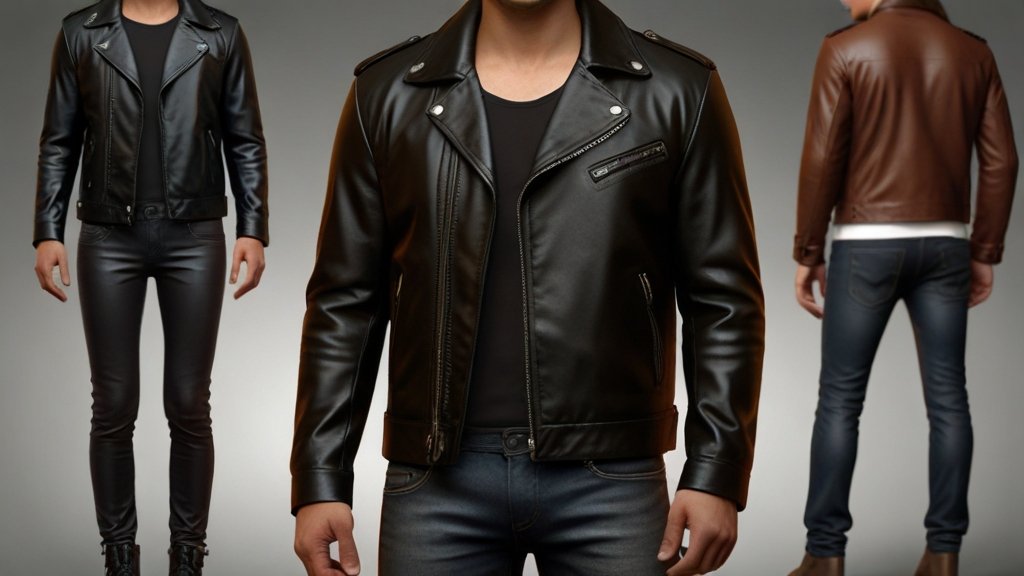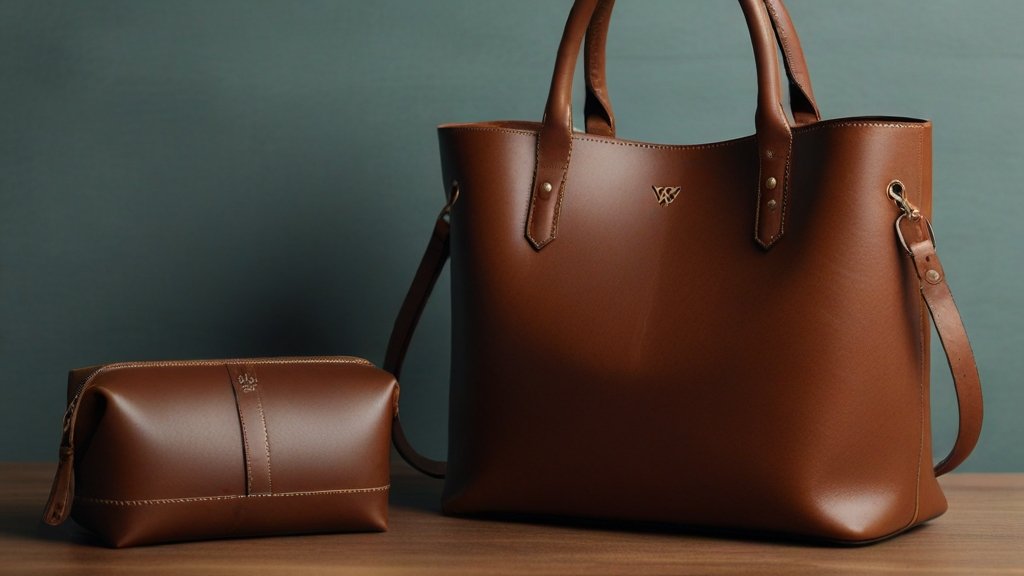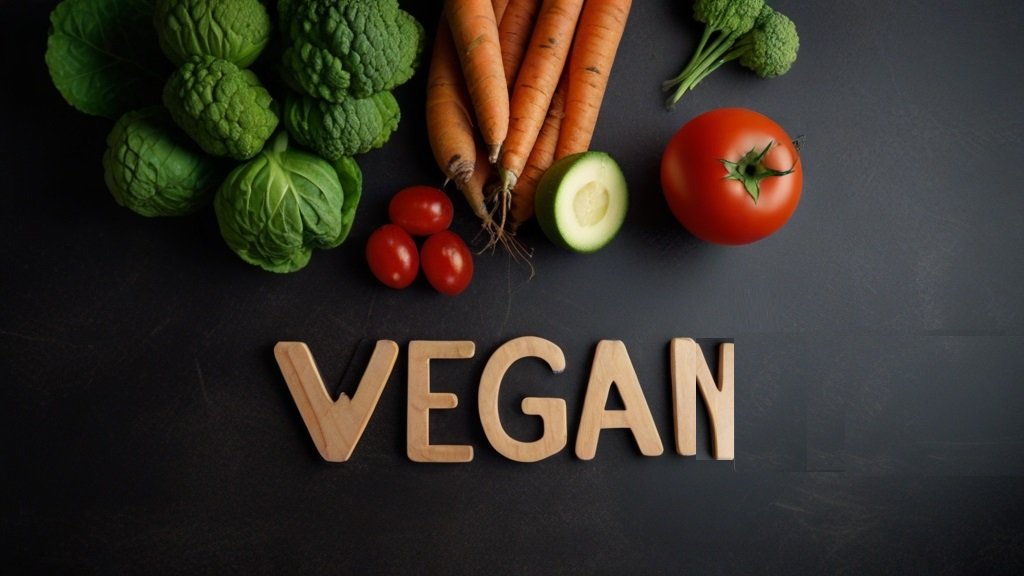A Detailed Look at Ethical and Sustainable Alternatives to Traditional Leather
In the ever-evolving landscape of fashion and sustainability, one term that has gained considerable traction is “vegan leather.” But what exactly does this term encompass, and how does it stand apart from traditional leather? Let’s embark on a detailed exploration of vegan leather, shedding light on its composition, advantages, and implications. Impact-Site-Verification: 8bf1d203-7b98-4a7e-9ab2-0aafa8e7381a
Impact-Site-Verification: 8bf1d203-7b98-4a7e-9ab2-0aafa8e7381a

Table of Contents
Decoding Vegan Leather
What is vegan leather made of? It is often referred to as synthetic leather or faux leather, represents a groundbreaking departure from the conventional use of animal hides in leather production. Contrary to its traditional counterpart, vegan leather is crafted entirely without animal-derived components. Instead, it harnesses a diverse array of materials, both synthetic and plant-based, to achieve a comparable look and feel while aligning with ethical and environmental principles.
Ingredients of Vegan Leather Jacket
Polyurethane (PU) Leather: Among the foremost materials utilized in vegan leather fabrication is polyurethane. This synthetic compound is applied atop a fabric backing, imparting durability and a texture reminiscent of genuine leather. PU leather has become ubiquitous in fashion due to its versatility and resemblance to traditional leather.
Polyvinyl Chloride (PVC) Leather: Another prevalent synthetic variant is PVC leather, also known as vinyl leather. Like its PU counterpart, PVC leather involves coating a fabric substrate with polyvinyl chloride. The resulting material boasts water resistance and ease of maintenance, making it a popular choice for diverse applications.
Natural Plant-Derived Materials: In tandem with synthetic options, vegan can be sourced from natural plant-based materials, exemplifying sustainable innovation. Examples include Piñatex, derived from pineapple leaves, and Mylo, a mushroom-based leather alternative. These eco-conscious alternatives offer not only a cruelty-free option but also a reduced environmental footprint.

Advantages of Embracing Vegan Leather
There may be numerous advantages but her in context to leather, we are more delved for the below 3 advantages.
1. Ethical Integrity
The foremost advantage of vegan leather lies in its ethical foundation. By eschewing animal-derived materials, it champions compassion and respect for animal welfare, thereby appealing to conscientious consumers seeking cruelty-free alternatives.
2. Environmental Responsibility
It’s production often embodies a more sustainable ethos compared to traditional leather manufacturing processes. By circumventing the resource-intensive practices associated with animal agriculture, it mitigates deforestation, water pollution, and greenhouse gas emissions, fostering a more eco-friendly paradigm.
3. Versatility and Durability
Its stands as a testament to innovation, offering a spectrum of textures, colors, and finishes that rival their animal-derived counterparts. Moreover, synthetic variants like PU and PVC leather exhibit enhanced durability and resistance to wear, ensuring longevity and performance across various applications.

Addressing Challenges and Considerations
Despite its commendable attributes, vegan leather is not without its complexities and considerations:
Environmental Implications of Synthetic Materials: While vegan leather mitigates the ethical dilemmas of traditional leather, synthetic variants like PU and PVC raise concerns regarding their environmental impact. Derived from petrochemicals, these materials necessitate scrutiny regarding their manufacturing processes and end-of-life disposal.
Quality and Perception: Critics often scrutinize it for perceived discrepancies in quality and luxury compared to genuine leather. However, ongoing advancements in material science and design seek to bridge this gap, fostering greater acceptance and appreciation for cruelty-free alternatives.
Transparency and Authenticity: As the demand for vegan products burgeons, ensuring transparency and authenticity in sourcing and production becomes paramount. Consumers are encouraged to scrutinize claims and seek certifications from reputable organizations to ascertain the ethical and sustainable credentials of vegan leather products.
Conclusion
A Compassionate and Sustainable Evolution
Vegan leather epitomizes a paradigm shift within the fashion industry, heralding a future defined by compassion, innovation, and sustainability. By embracing cruelty-free alternatives and championing ethical principles, consumers can contribute to a more conscientious and compassionate world. As we navigate this transformative journey, the narrative of vegan leather emerges not only as a testament to ingenuity but also as a catalyst for positive change, propelling us towards a future where style harmonizes seamlessly with ethics and sustainability.













